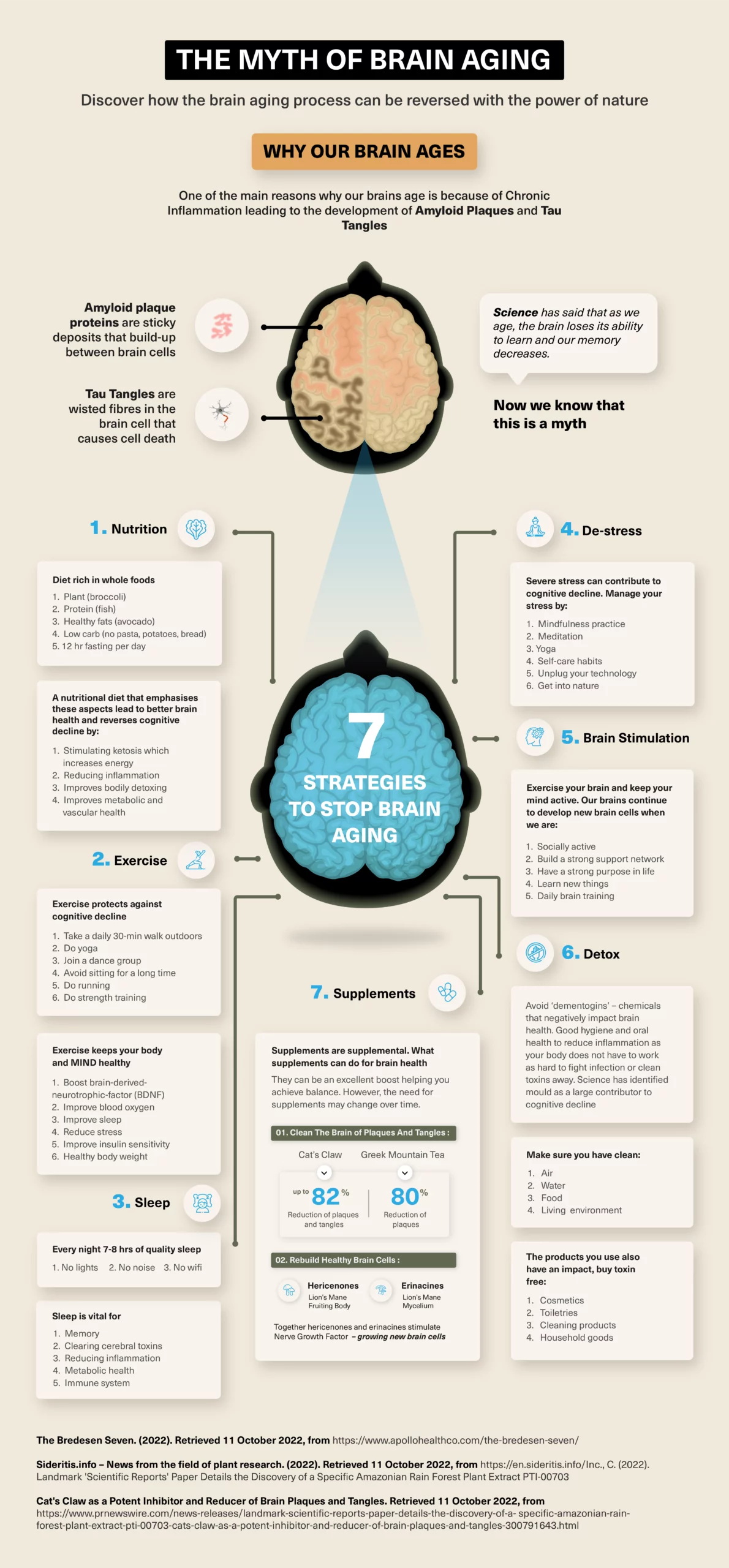As we age, we often hear that our brains will inevitably decline, leading to memory loss, decreased cognitive function, and other mental health issues. However, recent research has challenged this notion, suggesting that the aging brain is more resilient than we once thought. In this article, we will explore the myth of brain aging and why it may be time to reconsider our assumptions about the aging brain.
Brain Plasticity
One reason why the myth of brain aging is being debunked is due to the concept of brain plasticity. This refers to the brain’s ability to adapt and change in response to new experiences and learning. Studies have shown that even in older adults, the brain can continue to form new neural connections and grow in certain areas with regular mental stimulation and exercise.
Lifestyle Factors
Another factor that challenges the myth of brain aging is the role of lifestyle factors in brain health. While genetics may play a role in certain brain conditions, research has shown that lifestyle factors such as diet, exercise, and social engagement can have a significant impact on brain health as we age.
Cognitive Reserve
The concept of cognitive reserve also challenges the idea of inevitable brain decline. Cognitive reserve refers to the brain’s ability to compensate for age-related changes and damage, and it is influenced by factors such as education, occupation, and intellectual engagement. Individuals with higher cognitive reserve may experience less cognitive decline with aging, suggesting that the brain can adapt and compensate for changes.
Conclusion
While the myth of brain aging has been pervasive, recent research suggests that the aging brain is more resilient than we once thought. By prioritizing mental stimulation, healthy lifestyle habits, and building cognitive reserve, we can work to maintain and even improve brain health as we age.
